Global Humanities Institute 2019: Translation’s Theoretical Issues, Practical Densities: Violence, Memory, and the Untranslatable
July 15-26, 2019
Santiago, Chile
Concept
Over the last decades the poetics, performances and outputs of translation have become central heuristic models for multiple lines of study and research ranging from philosophy in its various branches to literary, historical, juridical, and psycho-social approaches, as well as translation studies itself. Its practical densities and theoretical implications have been decisive in view of the cultural, ethical, and political challenges that accompany vast migrations due to warfare, political or economic reasons in the so-called globalized world, as well as in light of the difficulty of facing traumatic experiences and reconstructing identity after periods of colonialism and state oppression and violence.
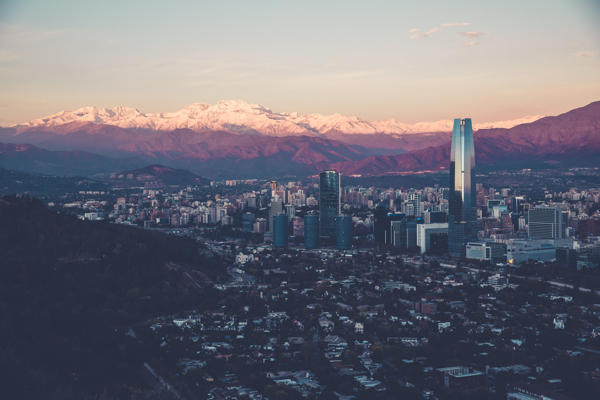
This GHI took place from 15-26 July 2019, in Santiago de Chile. Based on a two week- schedule, it comprised working sessions conducted by the active participants in different forms of collaboration (seminars, workshops, etc.), keynote speeches by four invited scholars from different continents, and artistic activities.
Outcomes
The main objectives of the CHCI-Mellon GHI Challenges of Translation are detailed in the “Lines of Research and topics” program.
The outcomes of the CHCI-Mellon GHI Challenges of Translation will be available online. They will include:
- An open document with the syllabus of the Institute.
- The publication of a book.
- Audiovisual material edited from the working sessions.
- Skill transfer of the translative methodology and experience developed.
Convening centers and organizers
This CHCI-Mellon GHI on “The Challenges of Translation” was developed by an association of four centres composed of the Interdisciplinary Center of Studies in Philosophy, Arts, and Humanities (CIEFHA, University of Chile), which was originally awarded with the CHCI-Mellon GHI on “Challenges of Translation”, Humanities Commons (UCI Commons, University of California Irvine), the Centre for Humanities Research (CHR, Western Cape University), and Oxford Comparative Criticism and Translation at The Oxford Research Centre in the Humanities (OCCT-TORCH, Oxford University).
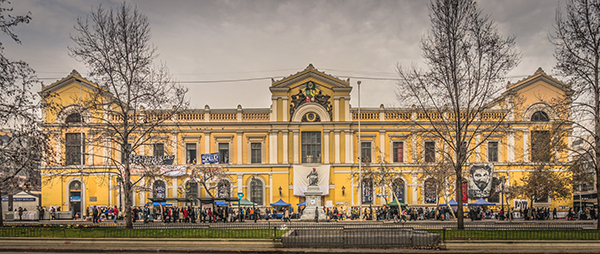
This composition including two northern hemisphere centres from North America and Europe –with substantial development in translation studies, literary case analyses, but also political outputs of translation concerning migration, the Middle East and others– and two southern hemisphere centres from Sub-Saharan Africa and South America –that, processing traumatic historical experience, emphasize theoretical elaboration from the poetics to the politics of translation on an interdisciplinary basis– should offer an outstanding opportunity for a four-continent, South-North productive translation exchange in itself, involving translative relations on colonial, post-colonial, counter-colonial, migratory and intercultural issues, amid the broad horizon of poetic, ethic-political, historiographical and utopian interrogations described.
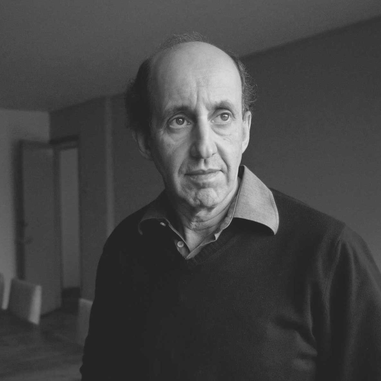
Pablo Oyarzun, Universidad de Chile
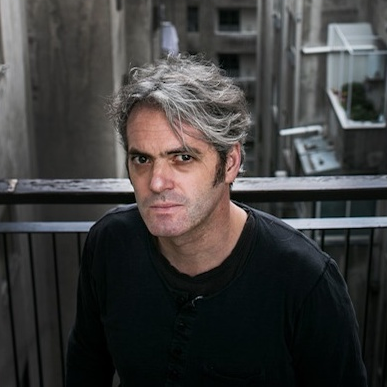
Andrés Claro, Universidad de Chile
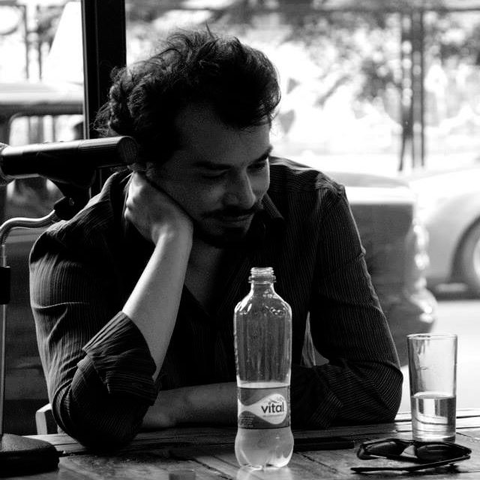
Miguel Ruiz, Universidad de Chile
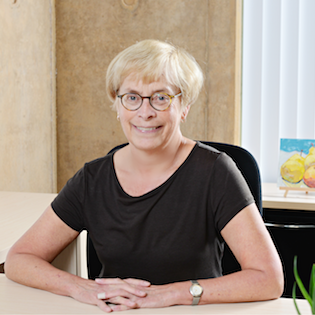
Jane O. Newman, University of California Irvine
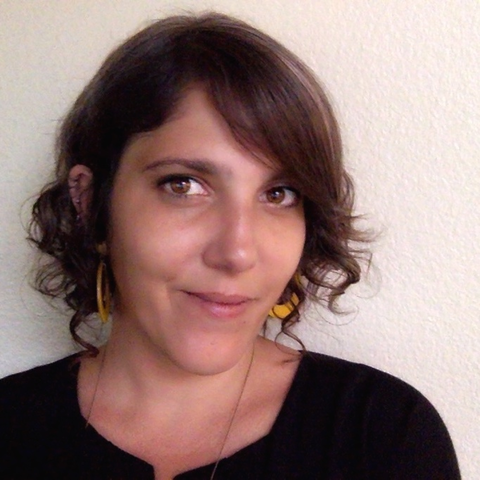
Liron Mor, University of California Irvine
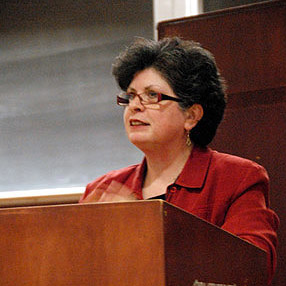
Nasrin Rahimieh, University of California Irvine
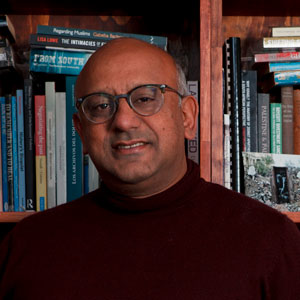
Premesh Lalu, University of the Western Cape

Maurits van Bever Donker, University of the Western Cape
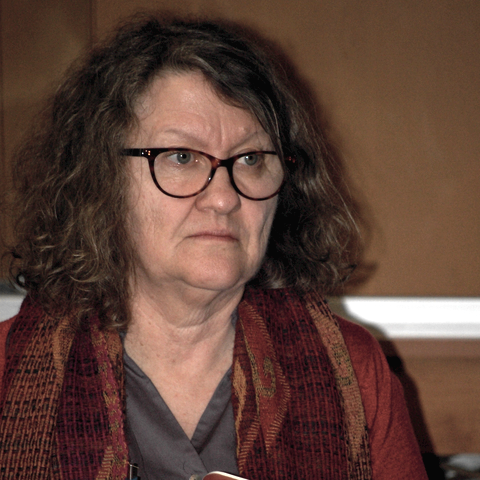
Nicky Rousseau, University of the Western Cape
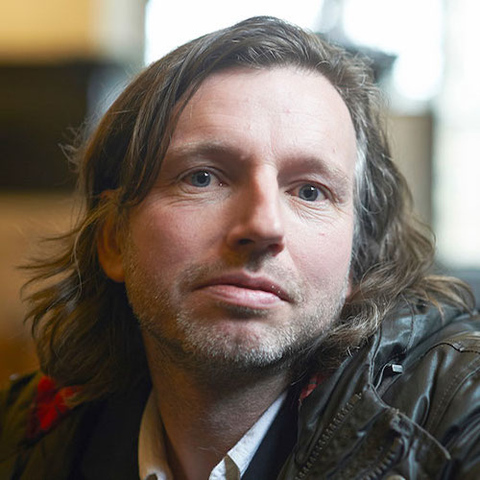
Matthew Reynolds, Oxford University
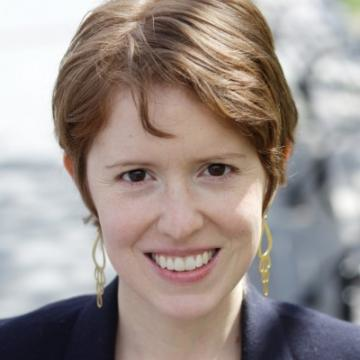
Adriana Jacobs, Oxford University
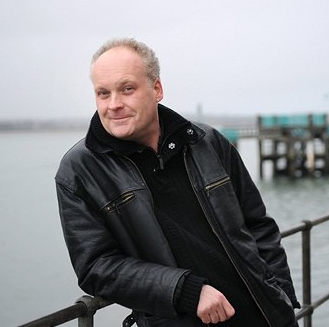
Patrick McGuinness, Oxford University
|
|---|